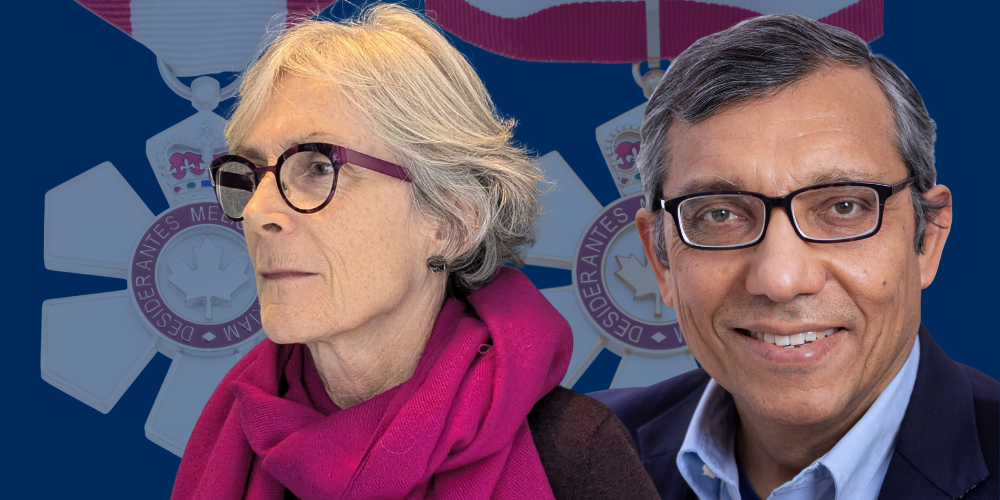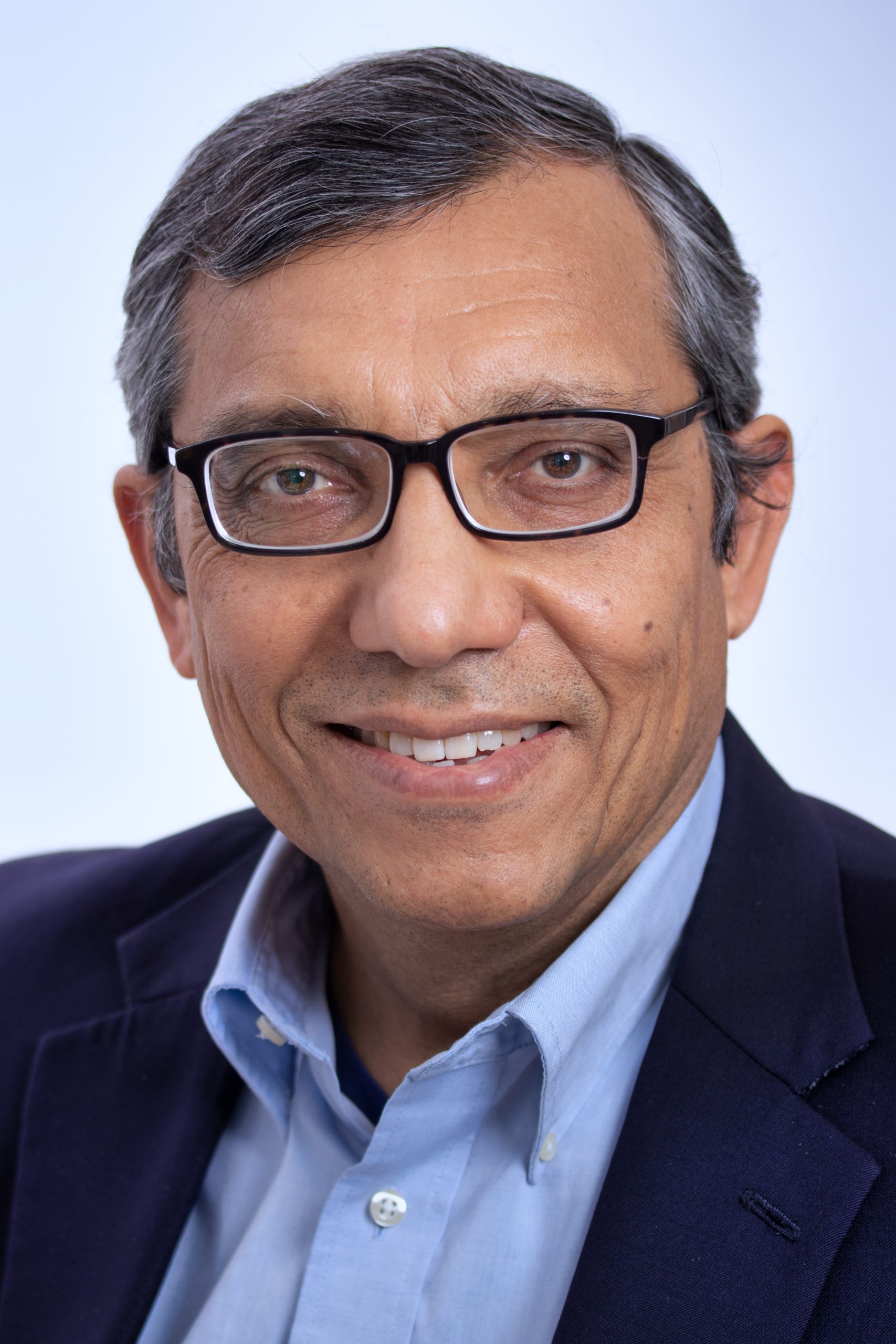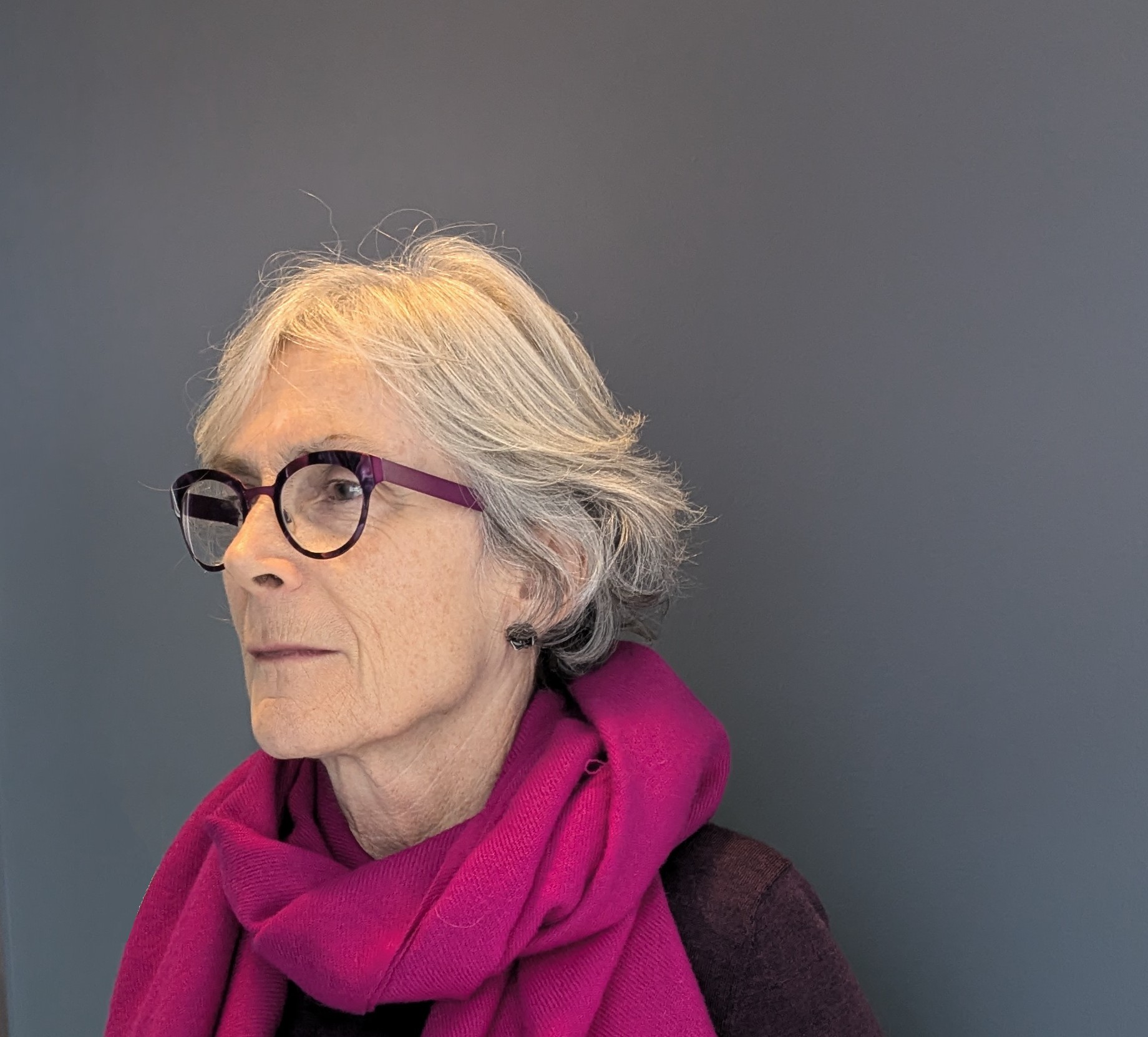DLSPH’s 2025 Order of Canada Appointees Share Advice for Future Public Health Leaders
April 15/2025
DLSPH’s Zulfiqar Bhutta and Valerie Tarasuk were recently announced as 2025 Order of Canada appointees.
By Ishani Nath

Valerie Tarasuk and Zulfiqar Bhutta
The Governor General recently announced two DLSPH faculty members, Zulfiqar Bhutta and Valerie Tarasuk, as Order of Canada appointees in recognition of their leadership and contributions to public health.
The Order of Canada is one of the nation’s highest honours recognizing individuals who have made groundbreaking and long-term impacts in their fields.
“Members of the Order of Canada are builders of hope for a better future,” Governor General Mary Simon said in a statement. “Each in their own way, they broaden the realm of possibilities and inspire others to continue pushing its boundaries.” Bhutta was made an officer and Tarasuk was made a member.
Here, Bhutta and Tarasuk reflect on their careers, what it means to them to be an Order of Canada appointee and share their advice for future public health leaders.
Zulfiqar Bhutta

Prof. Zulfiqar Bhutta (Photo by the Hospital for Sick Children)
Zulfiqar Bhutta always wanted to be a pediatrician. Specifically, he wanted to be a neonatologist, caring for newborn children at their most vulnerable. This drive propelled him into the field of reproductive, maternal, newborn, child and adolescent health. Within the first decade of his career and upon his return from training in UK, Bhutta set up training programs and newborn care centres in his home country of Pakistan — but he wanted to reach at-risk populations outside of the hospital.
“It was very clear to me at that time that in order to do something more substantive — to make an impact in the region, in the country perhaps even beyond that — one needed to step out of the safety of the ivory towers,” says Bhutta “And that’s exactly what I did.”
Bhutta went on to explore ways to reduce the equity gap that exists for maternal and child survival. He led large research groups in Toronto, Karachi and Nairobi, collaborating with community health workers to improve maternal and child health through evidence-based interventions in some of the poorest rural and remote populations.
“I took a more difficult path, which was a bit unknown at that time, and I think that’s what made the difference in terms of exploring and bringing about change today,” says Bhutta.
Bhutta has worked closely with governments, the World Health Organization and United Nations to scale these approaches to reach as many women and children as possible. He has received several awards and accolades throughout his career, but he says being appointed to the Order of Canada is particularly meaningful.
“Recognition of efforts that relate to work done so far away, in so many different geographies, but yet now has a Canadian stamp, to me, is a huge honour,” he says. “Getting that recognition from the Governor General, the committee that works with the Governor General’s office, is for me, very special, because it means that the work has the credibility, and many others may be encouraged to follow.”
Advice for future public health leaders:
“Pick a topic and be led by your heart,” says Bhutta. “If you really want to get engaged and involved in global health, don’t run after success. The more you run after success, the more it will run away from you. Run after and pursue what drives you; your mission.”
Valerie Tarasuk

Prof. Valerie Tarasuk (Photo: Carl McGee)
Valerie Tarasuk was appointed to the Order of Canada in recognition of her decades of work reframing food insecurity as a public health issue that can be addressed through policy intervention. For Tarasuk, this work began at the outset of her career in nutrition research. At the time, food banks were newly available in Canada and Tarasuk kept thinking: What is the problem we’re trying to fix with food banks — and is this working?
As a professor in the Department of Nutritional Sciences, Tarasuk made it her job to find these answers. Her research went beyond food insecurity to learn about the actual experience of those dealing with hunger. What income did these individuals have? Did they have kids and how were they managing? What was their housing situation?
“The longer I went on, the bigger the problem got, but the more sophisticated the opportunities for research were,” says Tarasuk, the principal investigator of PROOF, an interdisciplinary research program founded in 2011 that investigates what policy changes can reduce food insecurity in Canada.
Tarasuk has been working in this field for more than 30 years. Her research helped shape how Canada monitors food insecurity, and her team has played a vital role in analyzing and presenting data to help Canadians better understand the impacts of food insecurity. For instance, research led by Tarasuk and colleagues published in 2015 in the CMAJ demonstrated that adults in Ontario who suffered food insecurity required much more support from our health care system. With her team at PROOF, Tarasuk continues to research and show how policy interventions, such as universal basic income and changes to the Canada Child Benefit, could make a real difference for food insecurity in Canada.
Tarasuk says being appointed to the Order of Canada “affirms our concern about this issue and our dedication to try to better understand what drives it, and what the consequences of it are.” However, she notes that receiving this honour was bittersweet given the current levels of food insecurity in Canada. “We are so far from solving this problem.”
Advice for future public health leaders:
“Too often we see really talented people drawn into what’s easy or what already exists,” says Tarasuk. “Pursue things that you believe are important…And if others question the direction you’re headed in, and it seems like you’re a bit off the beaten track, see that as a positive.”